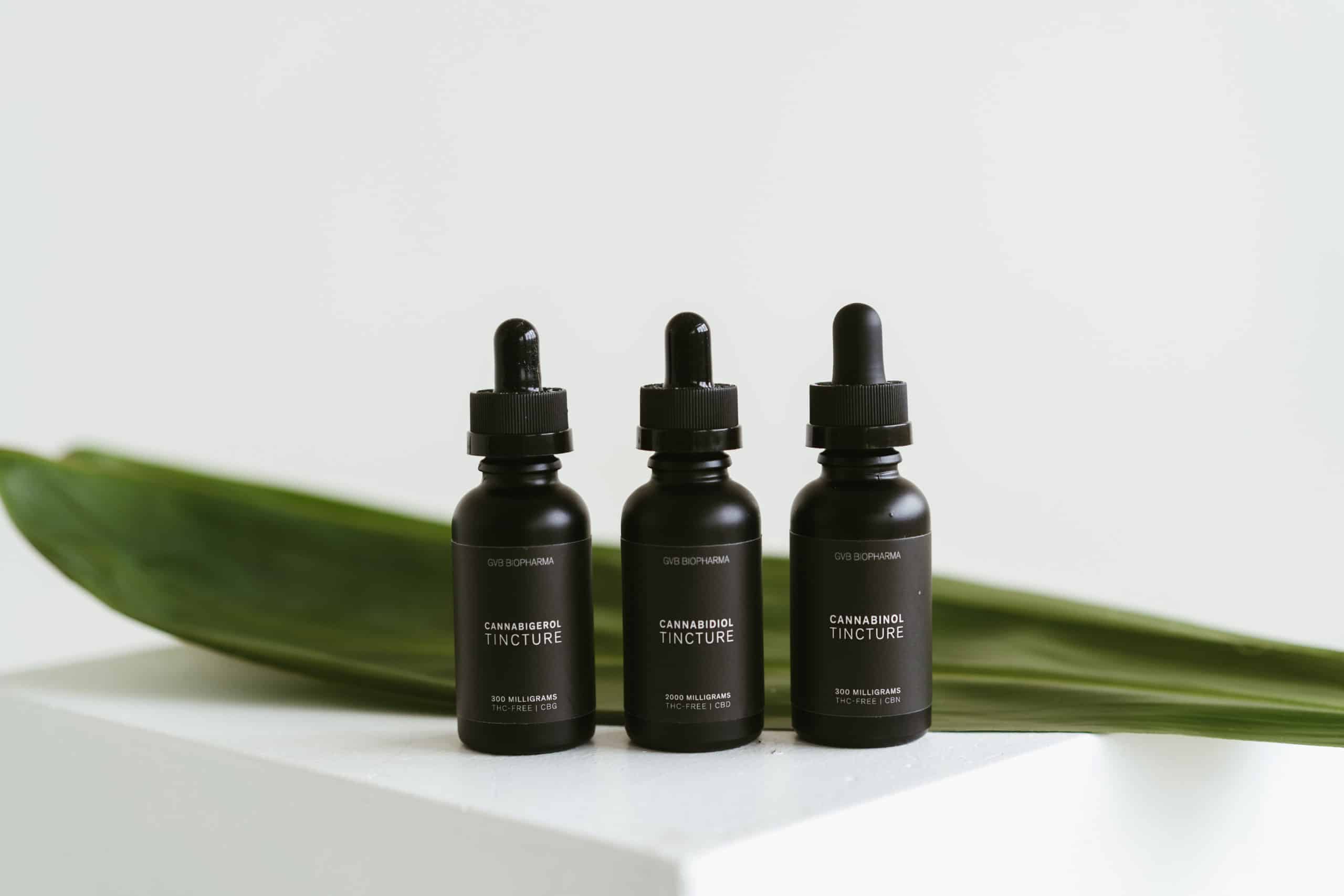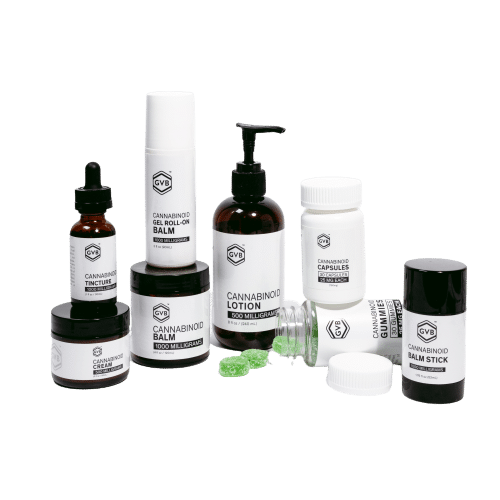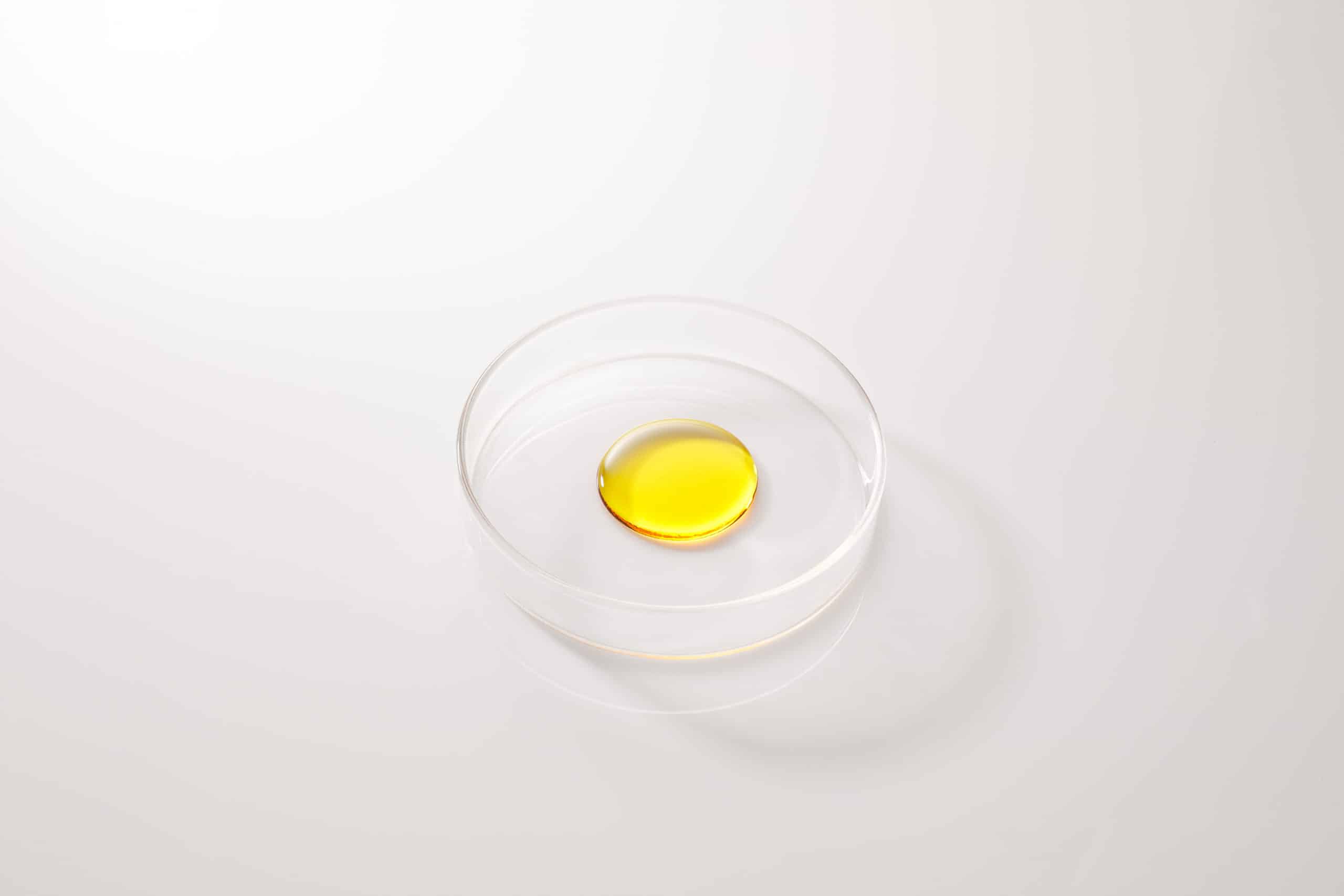It might be off to a slightly slower start than its US equivalent, but the UK CBD industry is growing rapidly due to massive consumer interest. CBD appears to resonate better with certain age groups than it does with others, therefore hemp brands should identify clear messaging objectives to reach UK audiences.
Comprising more than 67 million people, the UK hemp market is massive and still relatively untapped. In this guide, learn everything you need to know about demographic trends within the UK CBD industry, powered by results from a recent YouGov survey.
CBD in the UK: an overview
In the UK, CBD products are not considered marijuana as long as they contain less than 0.2% delta-9 tetrahydrocannabinol (∆9-THC)¹. The UK government is relatively strict, however, regarding which types of CBD products may be produced, how they may be produced, and the types of hemp that can be used.
As a result, making CBD products in the UK or importing them into the country has traditionally been a hassle. Due to widespread public pushback², UK lawmakers have considered loosening the nation’s stance on hemp production, but no changes are expected in the near future.
UK residents generally do not have any issue acquiring or possessing CBD products. For entrepreneurs seeking to capitalize on the growing UK CBD market, however, making your way through all the red tape can be a hassle.
History of UK cannabis and hemp law
The UK has generally followed the United States’ lead with its stance toward cannabis. The UK’s 1971 Misuse of Drugs Act came hot on the heels of the 1970 Controlled Substances Act in the US, and both pieces of legislation placed cannabis in the worst-possible legal category.
There has been some time now, however, to reflect on these half-century-old facets of Western law, and in the United States at least, a much more permissive perspective toward cannabis has gradually taken hold nationwide. The UK, on the other hand, continues to make cannabis illegal for all but a select few.
CBD’s current status in the UK
With major names in UK law enforcement³ coming out in favor of outright cannabis decriminalization, it’s only a matter of time until significant changes come to the UK’s stance on CBD and other cannabinoids. Right now, however, CBD brands that want to offer products in the UK must abide by the nation’s strict hemp import and production policies. Failure to do so could result in your product being classified as cannabis, not hemp.

What does the data indicate?
A 2019 YouGov survey took a snapshot of current sentiment toward CBD in the UK. Altogether, 1,650 UK residents responded across all genders, age groups, and political affiliations. Positions toward cannabis may have changed in the interim, but this is the most recent information we have on how UK consumers feel about the effectiveness and safety of CBD.
Unsurprisingly, older UK residents are the most skeptical of CBD with younger adults being more willing to give hemp a shot. Traditional CBD oil tinctures remain the most popular products with most other product types only rarely used. The majority of UK residents who reported using CBD indicate that they used this cannabinoid for medical reasons. Let’s break down all this information in greater detail:
Which UK generation uses the most CBD?
Out of all UK adults surveyed, the age group that featured the greatest number of consumers who had used CBD was 25-49 at 11% closely followed by 18-24 at 10%. Only 8% of UK adults aged 50-64 had tried CBD in 2019, and this percentage dropped to 5% for adults aged 65+. In total, 9% of UK adults indicated that they had tried at least one kind of CBD product.
Which UK generation uses the least CBD?
In the UK, CBD is least-used among the oldest adults, coming in at 5% among individuals aged over 65. These results roughly reflect statistics from other countries. In the United States⁴, for instance, 8% of adults aged over 65 had used CBD compared to 11% of adults aged 50-64.
How does gender affect CBD consumption in the UK?
Women in the UK are slightly more likely (29%) to consider trying CBD than men (27%). Male UK CBD consumers are considerably more likely to have tried CBD vapes (28% v. 14%) while women are bigger fans of CBD tablets (14% v. 5%). Both are equally likely to use CBD for medical purposes, but women are more likely to use CBD for pain (75% v. 68%), and men are more likely to rely on this cannabinoid for anxiety or depression (41% v. 35%).
How does political affiliation affect CBD consumption in the UK?
Members of the Labor Party (14%) are far more likely to have used CBD than UK Conservatives (6%). Unsurprisingly, Labor supporters (32%) are more likely to express willingness to use CBD in the future compared to their Conservative counterparts (23%). Members of the Labor Party (77%) are more likely than Conservative UK residents (54%) to have used CBD for medicinal purposes.
Which CBD products are the most popular in the UK?
By far, CBD tinctures (also known as CBD oils) are the most popular type of CBD product used in the UK with more than 58% of survey respondents who had used CBD indicating that at least one of the hemp products they’d tried had been a tincture. Next up was CBD vape products at 21%, CBD topicals at 11%, and CBD capsules and tablets at 10%. Eight percent of survey respondents indicated that they had used CBD edibles, and 4% said they’d tried CBD cosmetics.

Do UK residents use CBD for medical reasons?
In the UK, CBD is more commonly used for medical reasons than it is not. Out of survey respondents who had used CBD, 61% indicated that they had tried this cannabinoid in the hopes that it would improve their medical status compared to 37% who said they’d used CBD for other reasons. Interestingly, using CBD for medicinal reasons was least common among the oldest respondents who’d tried the cannabinoid (54%), and it was the greatest among the youngest (68%).
Which medical reasons do UK residents use CBD for?
Seventy-one percent of UK residents who had used CBD for medical reasons indicated that they had turned to this cannabinoid specifically for help with the pain. Thirty-eight percent reported that they’d tried CBD for depression or anxiety, and 24% said they’d used CBD for sleep. Arthritis was the trigger for trying CBD for 10% of respondents, and 3% had given the cannabinoid a shot for epilepsy.
What it all means
How do we make sense of the current status of CBD receptivity and use in the UK, and how can one use all this information for marketing purposes? Let’s take a closer look at the UK CBD market before moving on to the present situation and how to market products that match the times.
UK CBD receptivity dynamics
Even though we share a common language and a common stance toward many social issues, there are still major points of disagreement between UK and US culture, and cannabis use is one of them. Typified by the culture of London and other major cities, rural parts of the UK remain dominated by conservative ideologies that are slow to accept changes that can appear threatening like cannabis use.
Even though it’s widely understood that CBD doesn’t get you high, it’s still associated with marijuana, leading to a reticence to try CBD among older UK residents. As population dynamics continue to favor city dwellers from diverse backgrounds, the UK will become more receptive to CBD and cannabis in general.
Current status of the UK hemp market
Interest in CBD and cannabis, in general, has only swelled since the 2019 YouGov survey was conducted. As time goes by, older UK residents who are either misinformed or uninformed regarding CBD will stop making buying decisions, and they’ll be replaced with a younger generation swelling with curiosity about hemp.
While it sometimes struggles to do so on time, the UK does its best to keep up with the USA’s mercurial changes to cannabis policy. UK lawmakers are likely waiting on the US to federally legalize cannabis before they make any major moves on the CBD front, meaning the somewhat stifling status quo will likely be maintained for the foreseeable future.
Best CBD products to sell in the UK
Based on all available data, CBD tinctures remain the best product type to rely on when marketing hemp to UK audiences. While satisfying UK regulations for CBD cosmetics and food products can sometimes be arduous, CBD tinctures are simple and accepted products that usually don’t have to overcome many hurdles on their way to the hands of UK consumers.
CBD vapes are quite popular among younger hemp consumers in the UK, but the country’s government has made no effort to hide its overall disdain for vaping with e-cigarette regulations seeming to tighten by the day⁵. Aside from tinctures, hemp brands seeking to reach UK markets may also want to invest in topicals, capsules, or drinks.
UK CBD consumption demographics FAQs
1. How popular is CBD in the UK?
CBD is catching on in the UK at a rapid pace. The UK has long been one of the world’s main primary exporters of cannabis for medical and research purposes, and the average citizen of Britain is now able to access nearly any CBD product with less than 0.2% THC they could imagine.
There’s still lots of room for expansion within the UK CBD industry, though. Per capita, CBD has not yet reached the same level of popularity as is observed in the US. Now’s the time to help the UK CBD industry expand with well-differentiated and high-quality products.
2. How many people use CBD products in the UK?
Estimates have it that 3-6 million UK citizens use CBD regularly, though many more have likely tried it at some point. That’s only 5-10% of the population, far below the percentage of Americans who are estimated to now be regular CBD users. We only make comparisons to the States to demonstrate the ample room for growth within the UK CBD market.
3. Is the CBD market saturated in the UK?
It is very difficult to determine how saturated the CBD market is anywhere in the world since CBD is a very new industry. If other, more mature CBD markets are taken into consideration, however, it’s very likely that the CBD market in the UK is nowhere near its saturation point.
There is still plenty of opportunity for operators in the UK to expand the domestic CBD industry. Keep in mind that the overall CBD market has evolved to be more skeptical and sophisticated, though, punishing companies that push low-quality products in the hope of making a quick profit.
4. What is the projected growth of CBD in the UK?
Some estimates have it that the UK CBD market will swell at a rate of approximately 30% per year between now and 2025, resulting in a £1bn market by the end of that period. Estimates like these, however, can only become a reality with the help of intrepid brands willing to win hearts and minds with genuinely high-quality and reliable product options.
Summary: The evolving state of UK CBD
Many parts of the world are still hostile to CBD and hemp, so it’s comforting to come across another bastion of free-minded cannabis policy like the UK.
In the US, the early growth of the CBD industry was spurred by a “Wild West” attitude in which anyone could make a website and start selling CBD — sometimes without even a business license. There’s a very different environment in the UK. To sell your CBD products to UK citizens, you must either grow your hemp in the UK while following a remarkably strict set of rules or subject your imported products to an even stricter set of testing procedures.
The UK government clearly doesn’t want to make any mistakes as it allows the sale of CBD within its borders.
The best way to counter the prevailing headwinds within the UK CBD industry is to work with a trusted hemp white labeler that has already set up operations within the European regulatory sphere. Having received approval from the UK government, a Europe-based hemp supplier can make products in-region and get them onto UK shelves with a fraction of the headache and considerably higher margins.
*Please note that CBD is currently not an FDA-approved over-the-counter treatment for any medical conditions.*
Sources
- 1. Consumer cannabidiol (CBD) products report (accessible version). (2021, December 17). GOV.UK https://www.gov.uk/government/publications/acmd-advice-on-consumer-cannabidiol-cbd-products/consumer-cannabidiol-cbd-products-report-accessible-version
- 2. Herrington, A. J. (2022, May 30). UK Hemp Activists Launch Civil Disobedience Campaign. Forbes. https://www.forbes.com/sites/ajherrington/2022/05/27/uk-hemp-activists-launch-civil-disobedience-campaign/?sh=675dac206b25
- 3. Arnold, M. (2022, June 21). British Chief Constable Supports Cannabis Decriminalization. High Times. https://hightimes.com/news/british-chief-constable-supports-cannabis-decriminalization/
- 4. Brenan, B. M. (2021, November 20). 14% of Americans Say They Use CBD Products. Gallup.Com. https://news.gallup.com/poll/263147/americans-say-cbd-products.aspx
- 5. E-cigarettes: regulations for consumer products. (2022, February 7). GOV.UK. https://www.gov.uk/guidance/e-cigarettes-regulations-for-consumer-products
- 6. YouGov Survey Results (2019, August 30)







